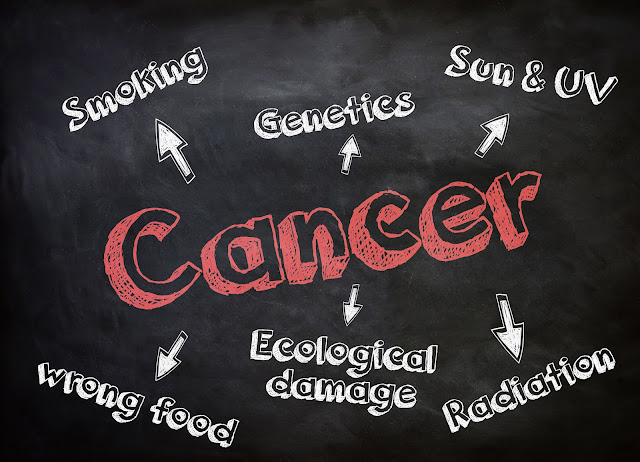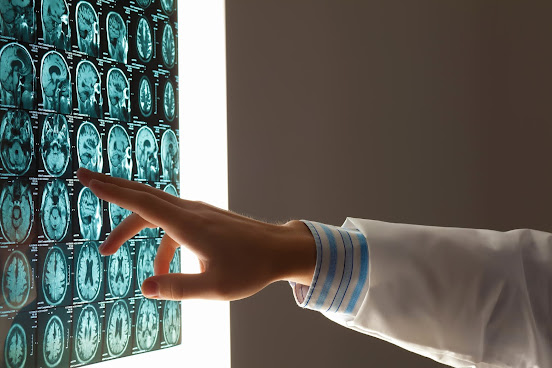Know cancer 7 warning signs and symptoms!
When any deadly disease such as cancer attacks a person’s body, it may respond and tell something is not right through a series of signs and symptoms. These general clues can help to spot a disease at the earliest and thus further prevents its complications.
If you notice some unusual signs and symptoms, you should reach your doctor immediately. Here is a list of 7 warning signs and symptoms of cancer which may warrant a visit to your healthcare provider.
1. Lumps: It can be defined as a localized area of swelling which is often painless. It can occur in soft tissues, lymph nodes, breast or genital areas. Any hard immovable lump that is not tender, is growing rapidly and also persists for longer than a few weeks can be an early sign of cancer.
2. Changes in skin: Any unusual changes in skin such as moles, freckles or warts that may change in size, color, or shape can mark the occurrence of skin cancer. You should consider ABCDE checklist about the skin changes:
Asymmetry: One half of the mole doesn't look like the other
Border: Irregular or blurred
Color: Both black and brown with variation and inconsistency
Diameter: Greater than the diameter of a pencil eraser
Evolving: Any mole which grows, bleeds or changes over time
3. Non healing sores: Sores can occur anywhere and are normal but if you are getting sores which bleed and won’t go away even after a few weeks are abnormal and may be a sign of cancer.
4. Unexplained weight loss: People may experience weight loss normally due to poor nutrition but if your weight loss is consistent and does not improve even after proper nutrition, you need to consult your physician. About half of the people with cancer experience weight loss.
5. Unusual bleeding: Cancer can cause unusual bleeding where it should not be. Blood in coughs may be a sign of lung cancer. Similarly blood in urine and stool may be indicative of kidney and colorectal cancer. Also women with abnormal vaginal bleeding may be at risk of endometrial and cervical cancers.
Changes associated with eating: Some signs such as difficulty in swallowing, indigestion, heartburn, and loss of appetite are commonly experienced problems but if these problems persist for longer time, there may be something unusual which demands urgent attention.
Unexplained pain, fatigue and heavy night sweats: It is common to experience pain, fatigue and night sweats during medical conditions but unexplained pain, heavy drenching night sweats and feeling of tiredness for no reason could be a sign of something more serious.
If you experience any of the above signs and symptoms, you should not dismiss them, especially if the problem lasts longer. Early checkups and screening will help to detect certain cancers in the body before they spread to other parts of the body. Always remember, the sooner a cancer is detected, the better is the prognosis.
Also, Discover 7 essential cancer treatments.
Frequently asked Questions (FAQs)
Q. When should I get checked for cancer?
Ans. There is no specific age for getting checked for cancer, as it can occur in any age group. According to the National Cancer Institute (NCI), most cancers are diagnosed between 65-77 years, therefore one should get checked for cancer in their 50-60s.
However, screening guidelines have been specified in some cancers such as 30-65 years for cervical cancer, 45-75 years for colon cancer, 55-74 years for lung cancer and 45-54 years for breast cancer.
Q. Do routine bloods show cancer?
Ans. A routine blood test can count your red blood cells, white blood cells and other blood components. This test can help to uncover blood cancers. Some blood tests carried for the presence of molecular markers such as BRCA1 and BRC2 tests can also help to diagnose specific cancers such as breast cancer.



Comments
Post a Comment